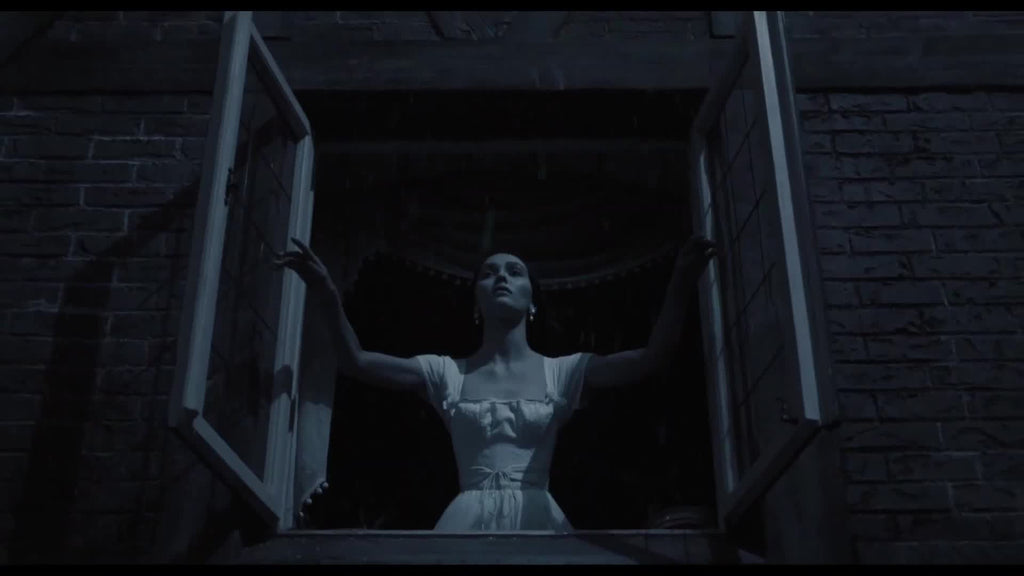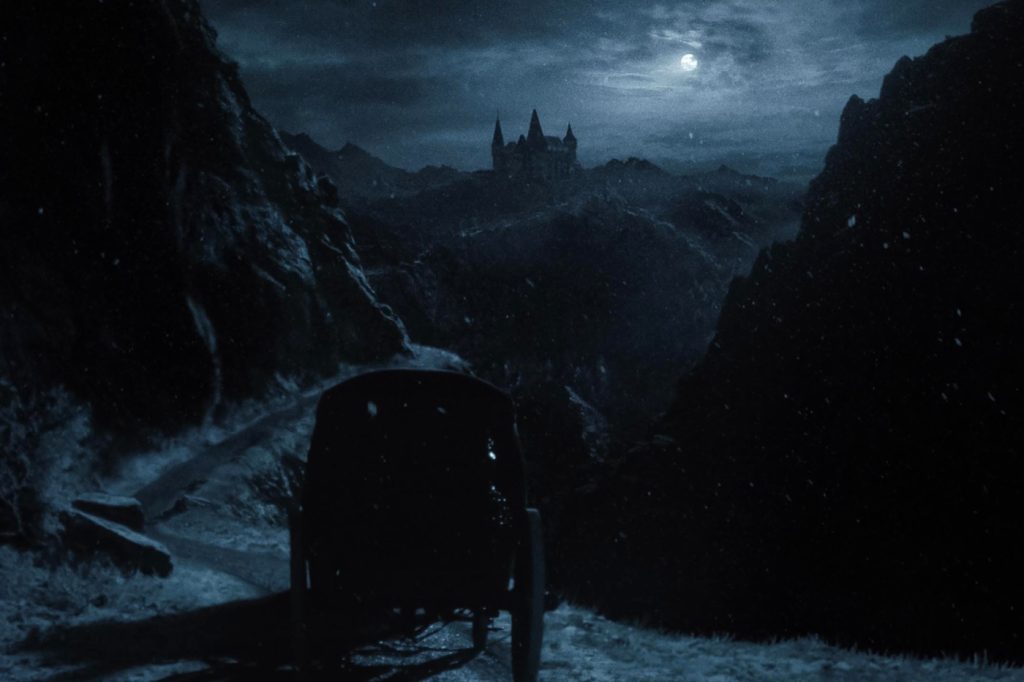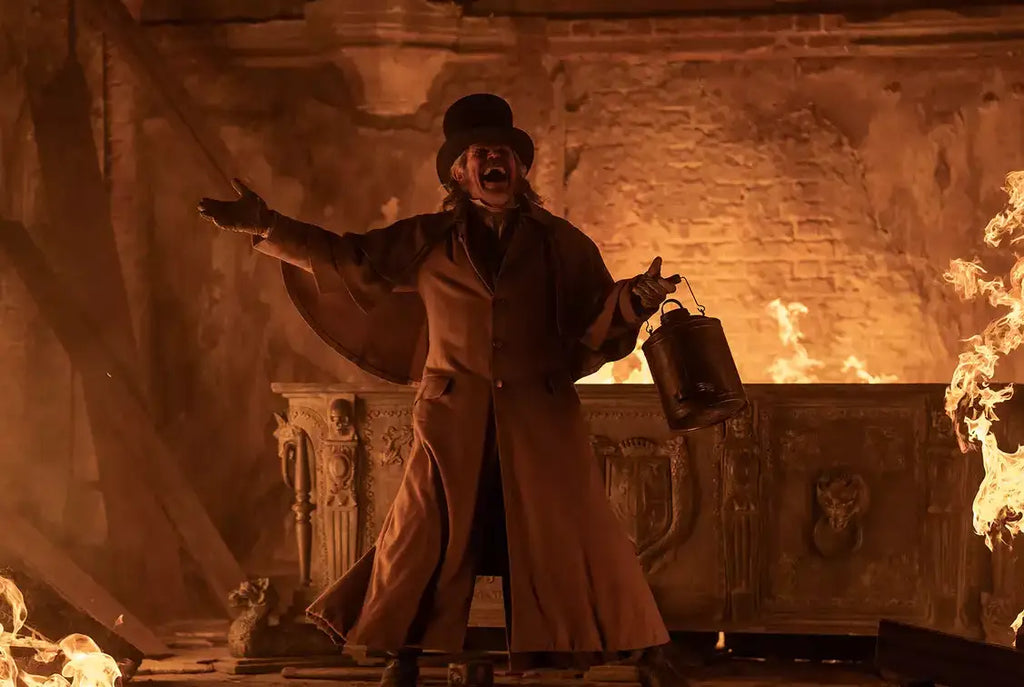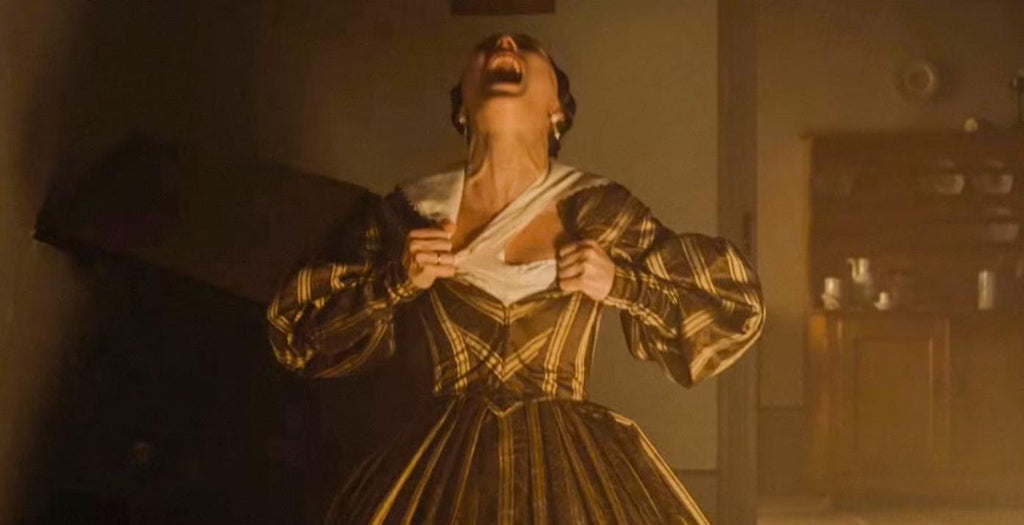As the visionary writer and director behind The Witch (2015), a landmark in modern horror, The Lighthouse (2019), an instant cult classic, and The Northman (2022), a brutal Viking revenge epic, Robert Eggers has consistently demonstrated an unparalleled ability to blend historical authenticity with supernatural mythology. His meticulous attention to detail - whether in sets, costumes, or dialogue - does more than build atmosphere; it immerses the viewer in a world where the boundaries between the real and the otherworldly blur. This dedication serves him well in his boldest creative endeavor yet: a grand reimagining of one of cinema’s most revered classics, Nosferatu.
F.W. Murnau’s original 1922 silent masterpiece remains a towering achievement in cinematic history. Its groundbreaking artistry and bold ideas have transcended time, continuing to inspire over a century of horror films. The film’s haunting imagery, use of shadow, and eerily exaggerated performances established a foundation for gothic horror that countless directors have since built upon. To revisit such an iconic work, let alone attempt a full-blown remake, might seem audacious - if not outright foolhardy. Yet, if there’s any filmmaker capable of such an ambitious undertaking, Eggers was certainly a solid choice.

Eggers has more than proved himself to be a director with an intrepid taste and a striking visual style that feels both timeless and innovative. These qualities shine brighter (or should we say darker?) than ever before in his interpretation of the legendary vampire story. With a star-studded cast, gorgeously macabre imagery, and a powerful score by Robin Carolan, Eggers’ Nosferatu emerges as a breathtaking piece of modern gothic horror. Perhaps we should have expected as much, given that Eggers directed a stage version of Nosferatu in high school - a passion project that clearly planted the seeds for this stunning reimagining.
The narrative remains faithful to its core. Sent out on a business venture, Thomas Hutter (Nicholas Hoult) journeys overseas to the castle of the reclusive and enigmatic Count Orlok (Bill Skarsgård). What begins as a seemingly straightforward business trip soon takes a sinister turn as Hutter uncovers the horrifying truth: Orlok is no ordinary man but a demonic vampire of immense and terrifying power. Back home, Hutter’s wife, Ellen (Lily-Rose Depp), begins experiencing eerie visions and falls under the shadow of Orlok’s influence, their lives becoming entwined in a chilling dance of desire, despair, and doom.

Eggers’ passion for this tale bleeds into every frame of the film. From the opening shot to the climactic finale, the movie pulsates with an eerie, almost hypnotic energy. His version delves deeper into the psychological and emotional currents of the story, exploring themes of obsession, forbidden desire, and the existential dread that accompanies the encroachment of death. It’s a story of dark passion and apocalyptic stakes, elevated by Eggers’ ability to fuse the intimate with the epic.
Bill Skarsgård, no stranger to playing chilling figures, delivers yet another transformative performance as Count Orlok. With every twitch, glare, and growl, Skarsgård embodies a creature of predatory menace, his gaunt, elongated features evoking both fear and pity. His Orlok is monstrous yet strangely human, his insatiable hunger masking an eternal loneliness. Opposite him, Lily-Rose Depp gives a career-defining performance as Ellen. Her portrayal of Orlok’s object of obsession is layered, provocative, and emotionally resonant, capturing the character’s vulnerability and quiet strength. Depp’s Ellen is more than a victim - she’s a tragic figure caught in the web of forces beyond her control, yet is still someone who possesses more strength than she realizes.

Eggers’ command of visual storytelling elevates the film into the realm of modern artistry. The cinematography, with its chiaroscuro lighting and meticulously composed shots, pays homage to the original while forging a style very much its own. The interplay of light and shadow becomes a character in itself, reflecting the moral ambiguities and dark desires of the story. Complementing the visuals is Robin Carolan’s haunting score, which weaves an auditory spell that enhances the film’s gothic atmosphere and emotional depth.
What truly sets this Nosferatu apart is its exploration of the twisted, almost symbiotic relationship at the story’s center. Eggers goes beyond mere terror, delving into the psychology of his characters and the primal fears they represent. Orlok is not simply a monster; he is a tragic figure driven by an insatiable longing, while Ellen’s role transcends that of a damsel in distress, becoming the emotional core of the narrative.

By striking a delicate balance between reverence for the original and bold reinterpretation, Eggers has crafted a modern masterpiece that stands as a worthy successor to Murnau’s iconic film. Nosferatu is more than a remake; it is a reinvention, a hauntingly beautiful meditation on love, loss, and the monstrous aspects of human nature. Eggers’ ability to breathe new life into this century-old tale solidifies his place among the great auteurs of contemporary cinema.
With its impeccable performances, stunning visuals, and emotionally charged storytelling, Eggers’ Nosferatu is not only an homage to one of cinema’s foundational works but a triumph in its own right - a modern classic destined to be studied and celebrated for generations to come.



